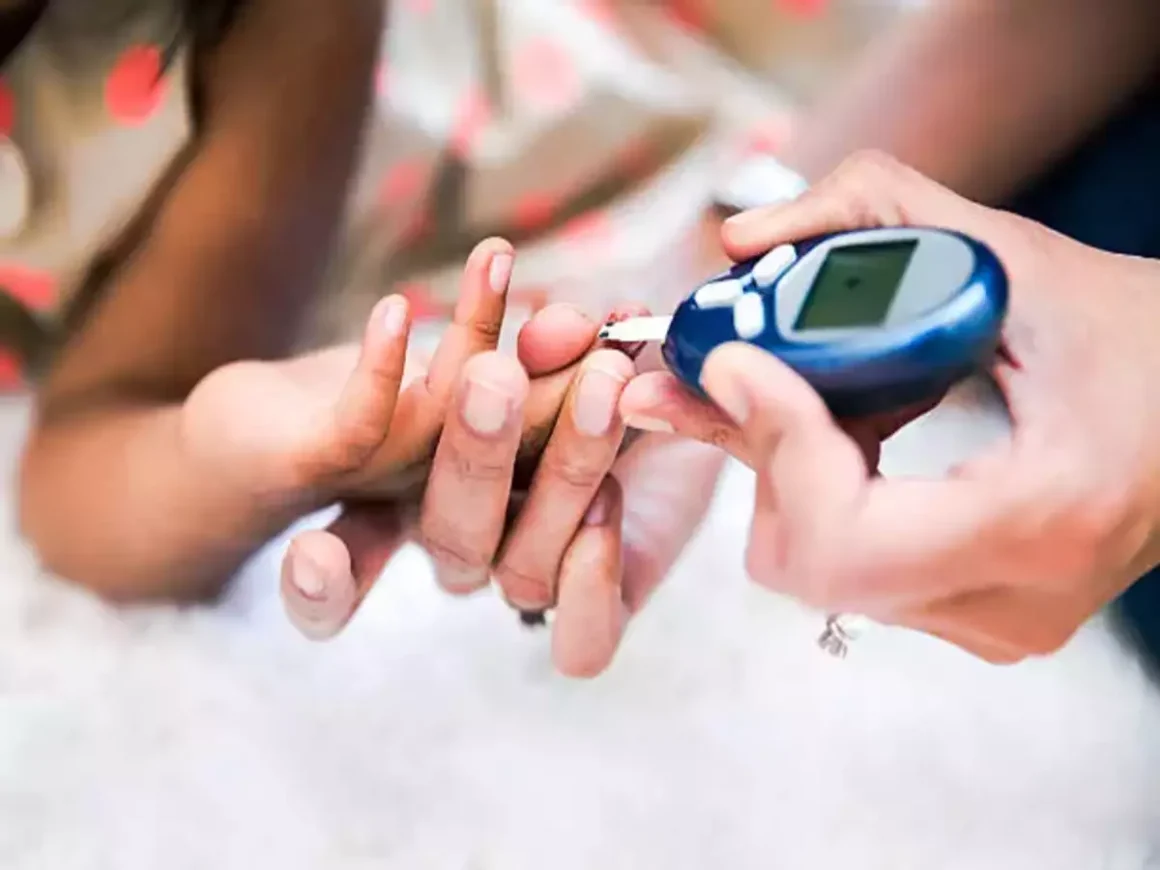New Delhi, 13 November 2024: Every year on November 14, we observe World Diabetes Day. A crucial occasion that highlights the global diabetes crisis. This day serves to educate people about diabetes, its complications, and the vital importance of prevention and management. One serious complication linked to diabetes is kidney disease, often caused by long-term high blood sugar levels. Why should this matter to us? First, diabetes impacts millions of individuals around the globe. Second, elevated blood sugar can seriously harm the kidneys. Third, many remain unaware of these risks. Fourth, spotting problems early can save lives. Lastly, learning how to manage blood sugar levels is essential. So, how does high blood sugar exactly affect our kidneys?
The Connection Between Diabetes and Kidney Health
Diabetes stands as a leading cause of kidney disease, referred to medically as diabetic nephropathy. When blood sugar levels are too high, they can damage the blood vessels in the kidneys, hindering their ability to effectively filter waste. Over time, this damage can result in kidney failure, requiring dialysis or even a transplant. Understanding this link is critical for anyone with diabetes, emphasizing the necessity of keeping blood sugar levels in check.
How High Blood Sugar Harms the Kidneys
When blood sugar levels rise, the kidneys have to work harder to rid the body of excess glucose. This increased workload can cause inflammation and scarring in the kidney tissues, ultimately impairing their performance. The glomeruli, which are the tiny filtering units in the kidneys, can suffer damage, leading to protein leaking into the urine—a condition known as proteinuria. This symptom is often one of the first indicators of kidney damage in those with diabetes.
Recognizing Symptoms of Kidney Damage in Diabetic Patients
It’s vital to identify the symptoms of kidney damage early to ensure prompt action can be taken. Common symptoms include swelling in the legs, ankles, or feet, persistent fatigue, changes in urination patterns, and ongoing high blood pressure. Many people may not notice symptoms until substantial damage has already occurred. For this reason, regular check-ups and monitoring are essential for anyone with diabetes. Catching issues early can lead to improved management and better health outcomes.
The Importance of Blood Sugar Management
Keeping blood sugar levels under control is crucial for preventing kidney damage. Diabetics should collaborate closely with their healthcare providers to create a tailored plan that incorporates dietary adjustments, consistent exercise, and following prescribed medications. By regularly monitoring blood glucose levels, patients can learn how their bodies respond and adjust their lifestyle accordingly. Simple changes, like following a balanced diet low in sugar and carbs, can significantly improve blood sugar control and, in turn, support kidney health.
Regular Kidney Function Tests: A Must
Regular testing of kidney function is crucial for those with diabetes. These assessments, which include blood tests for creatinine and urine tests for the presence of protein, can help identify early signs of kidney damage. Taking action early can slow down the progression of kidney disease and lead to a better quality of life. Patients should consult their healthcare providers to determine how often these tests should be performed, as recommendations might differ based on individual risks.
Lifestyle Changes for Healthier Kidneys
Beyond blood sugar management, embracing a healthy lifestyle can further safeguard kidney health. Staying well-hydrated, consuming a balanced diet loaded with fruits, vegetables, whole grains, and lean proteins, and limiting salt and processed foods can all support kidney function. Regular physical activity also plays a vital role by helping to maintain a healthy weight and lowering blood pressure, both of which ease the burden on the kidneys.
Read Also – Can Eating Salt Cause Stomach Cancer? Hidden Dangers of Excessive Salt Consumption You Must Know
World Diabetes Day serves as a crucial platform to educate and empower individuals living with diabetes about the significance of kidney health. By understanding the impact of high blood sugar levels on the kidneys, patients are encouraged to take proactive steps in managing their conditions.

